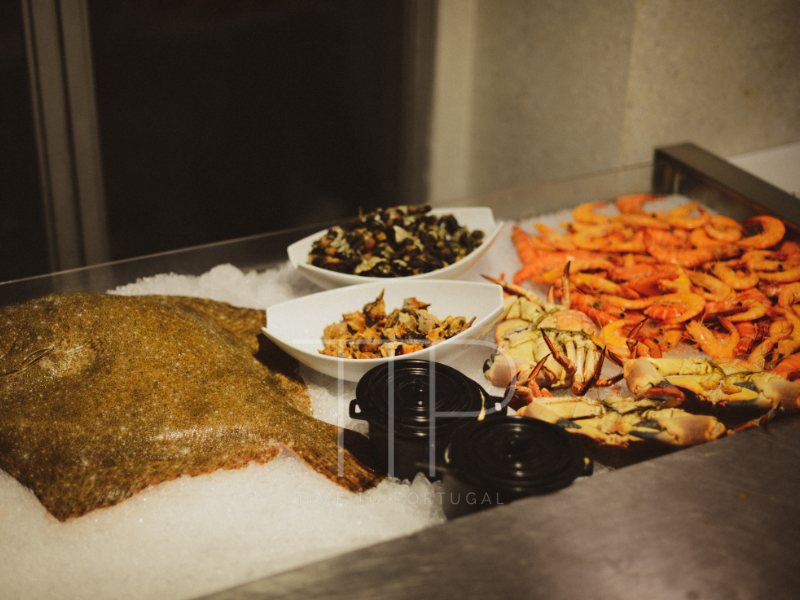The Portuguese are cutting back on going out to restaurants, but they still eat out at least once a week. A study carried out by NielsenIQ revealed that 41% of Portuguese consumers will reduce the number of meals they eat out in 2023 in order to cope with the rising cost of living.
41% of those surveyed said they had reduced their consumption habits away from home. Of these, almost 70% agree that the economic crisis is the main factor in this decision.
With the rise in inflation, the cost of living for the Portuguese has risen sharply, which has made their daily lives more difficult. According to estimates by the National Statistics Institute in December, annual inflation in 2023 was around 4.3%.
Despite the easing of some food prices in the supermarket, thanks to the Zero VAT measure that has since been abolished, many of the consumers surveyed cited the price increase as one of the reasons why they had changed their consumption habits.
Even so, more than half confessed to eating out at least once a week. Of the 59% who eat out once a week or more, the data revealed this Tuesday by the Association of Hotels, Restaurants and Similar Services of Portugal (AHRESP) shows that it is more common (26%) to eat out 2 to 3 times a week.
According to this study, the Portuguese are more likely to dine out than at other meals, but the difference between dining out and lunching out is only 1%. Compared to 2022, the decision to have lunch out rose by three percentage points (to 55% of respondents), while the decision to have dinner out fell by eight percentage points to 56%.
The average amount spent on each meal also increased compared to 2022. Lunching out proved to be cheaper than going for dinner, with the Portuguese spending around 12.04 euros for lunch, while spending around 18 euros for dinner.
Although they are increasingly staying at home, the majority of consumers surveyed (63%) ordered ready meals for their homes, with the favorite being barbecue chicken.
The study was carried out between October 17 and 27, 2023 and involved 500 residents of mainland Portugal. It was carried out by NielsenIQ and presented this Monday at a session promoted by the Association of Hotels, Restaurants and Similar Services of Portugal (AHRESP), at the Lisbon Food Affair at FIL – Lisbon International Fair.

